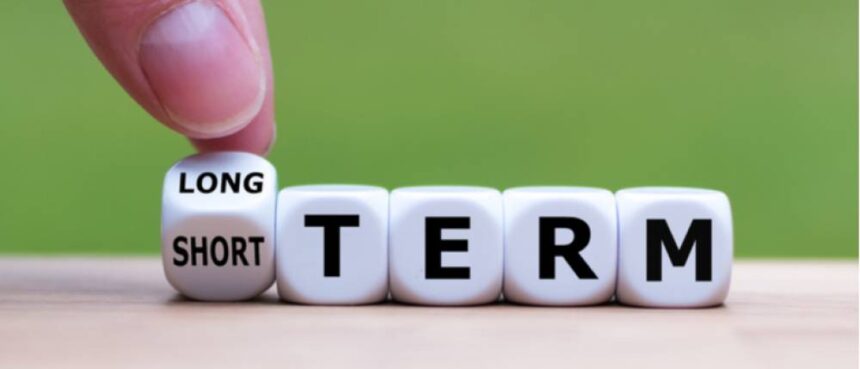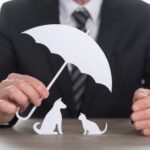Understanding Coverage:
Not all insurance policies cover natural disasters. The type of coverage you’ll need depends on the disaster itself and the kind of insurance you have:
- Homeowner’s Insurance: This is typically your first line of defense against natural disasters. Most standard homeowner’s policies cover damage caused by:
- Windstorms (including hurricanes and tornadoes)
- Hail
- Fire (often a consequence of natural disasters)
- Lightning strikes
- Flood Insurance: Homeowner’s insurance excludes floods. For flood coverage, you’ll need a separate policy from the National Flood Insurance Program (NFIP) or private insurers.
- Auto Insurance: Comprehensive auto insurance covers damage caused by natural disasters like falling trees, hail, or floods (depending on the specific policy). Collision insurance typically only covers damage from accidents with other vehicles.
Specific Disasters and Coverage:
- Earthquakes: Earthquake coverage typically requires an add-on endorsement to your homeowner’s insurance policy.
- Landslides and mudslides: Coverage for these events may vary depending on your location and policy. It might be included under standard homeowner’s coverage or require an additional endorsement.
Factors Affecting Coverage:
- Policy Details: Always read your insurance policy carefully to understand what types of natural disasters are covered and the specific limitations.
- Deductible: You’ll be responsible for paying your deductible before your insurance kicks in to cover the cost of repairs or replacements.
- Location: Some areas with a higher frequency of certain natural disasters might have higher premiums or limited coverage options.
Tips for Obtaining Coverage:
- Shop around: Compare policies from different insurers to find the best coverage and price for your needs.
- Consider add-on endorsements: If you live in an area prone to specific disasters (earthquakes, floods), consider adding endorsements to your existing homeowner’s policy.
- Document your property: Take photos and videos of your belongings to simplify the claims process in case of a disaster.
Additional Considerations:
- Business Insurance: Business owners need to consider separate commercial property insurance policies to cover damage caused by natural disasters.
- Evacuation Costs: Standard homeowner’s and flood insurance typically don’t cover additional living expenses incurred due to evacuations. You might need a separate rider or policy for this.
Remember:
It’s crucial to be proactive and understand your coverage before a disaster strikes. By familiarizing yourself with your policies and any limitations, you’ll be better prepared to navigate the claims process and recover financially after a natural disaster.





